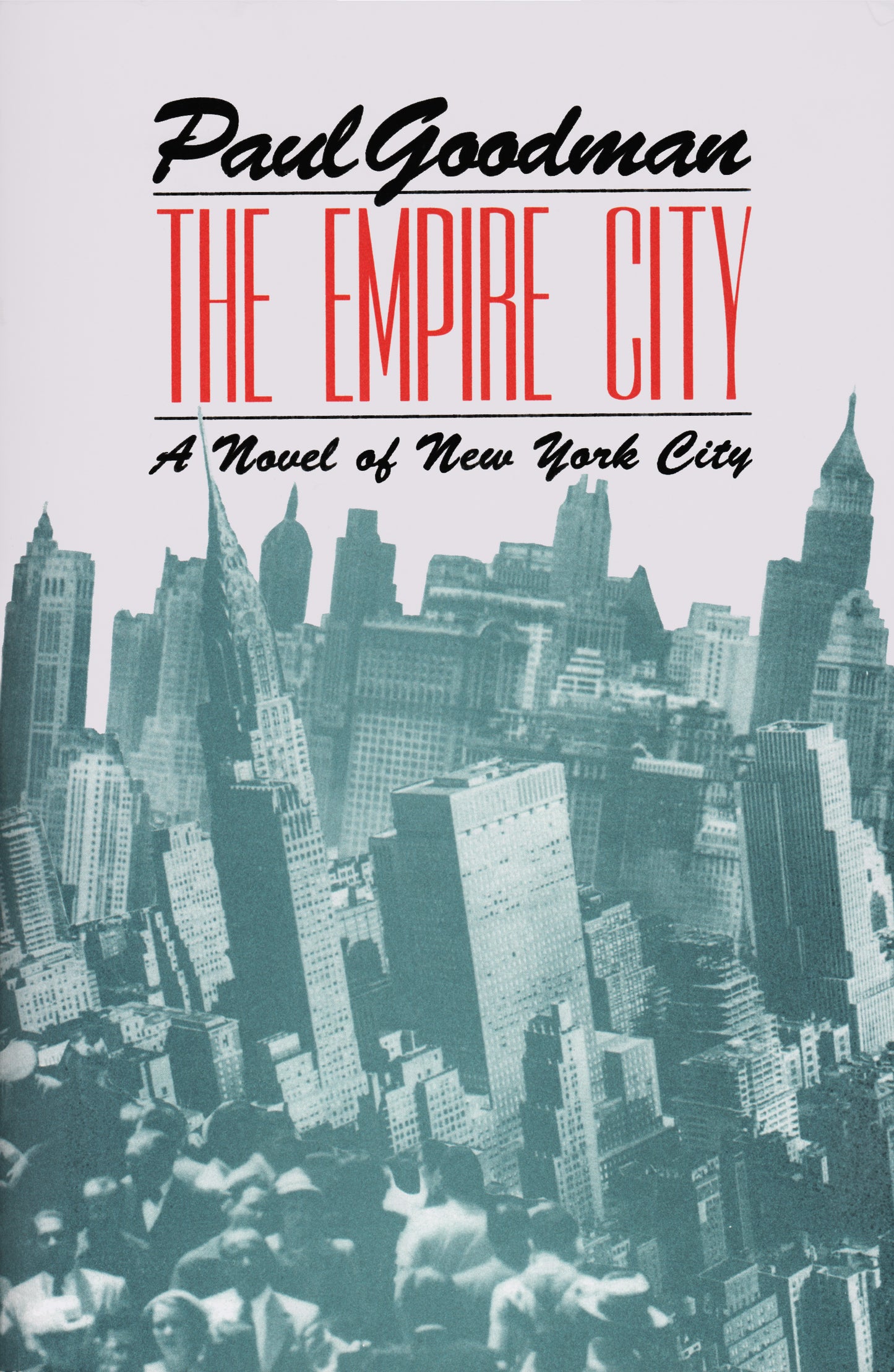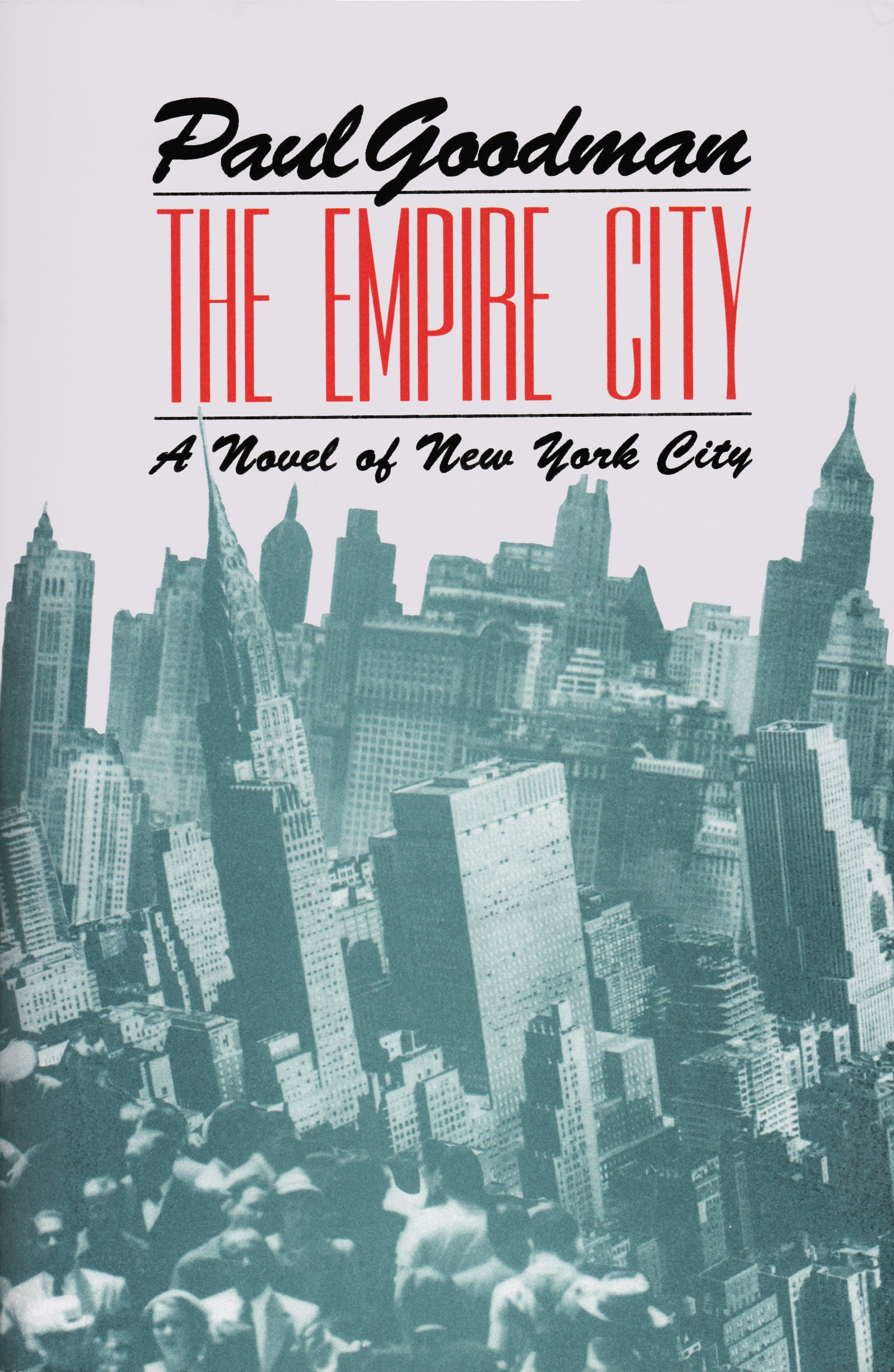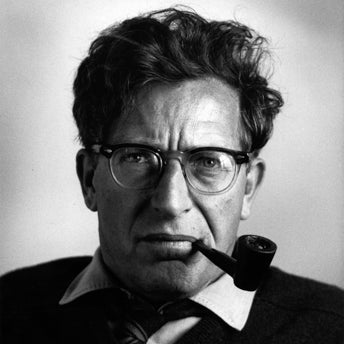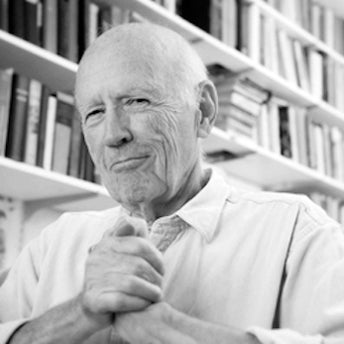
In a comic-picaresque epic that is one part Cervantes and two parts Brecht, Paul Goodman gives us the coming-of-age of Horatio, a sane man in an absurd world. Our endearingly optimistic hero resists his compulsory mis-education, does battle with the System, and scours post–World War II Manhattan for an elective family of fellow-thinkers and, more important, fellow-feelers. It's a big book, but Horatio's is a big world, and his question the biggest a man can ask: "How does one live the right life?" As Goodman once told Studs Terkel, "I might seem to have a number of divergent interests—community planning, psychotherapy, education, politics—but they are all one concern: how to make it possible to grow up as a human being into a culture without losing nature. I simply refuse to acknowledge that a sensible and honorable community does not exist."
The Empire City is a book originating in good will, mature candor, and an urgently fermenting more-than-secular morality. . . The spirit inside, and the text itself (which seems not so much written as whistled, teased, prayed), come as close to imparting man's gratuitous love for his own kind as mere language ever can. —Robert Phelps, The New York Herald Tribune
The Empire City reads like Joseph Heller and William Gaddis doing a mid-twentieth-century version of an old educational romance like Rousseau's Emile . . . This anti-realist, darkly comic narrative is . . . a remarkable achievement. Black Sparrow Press and Taylor Stoehr have done American literary history a major service by putting it back in print. —Thomas Hove, Review of Contemporary Fiction


